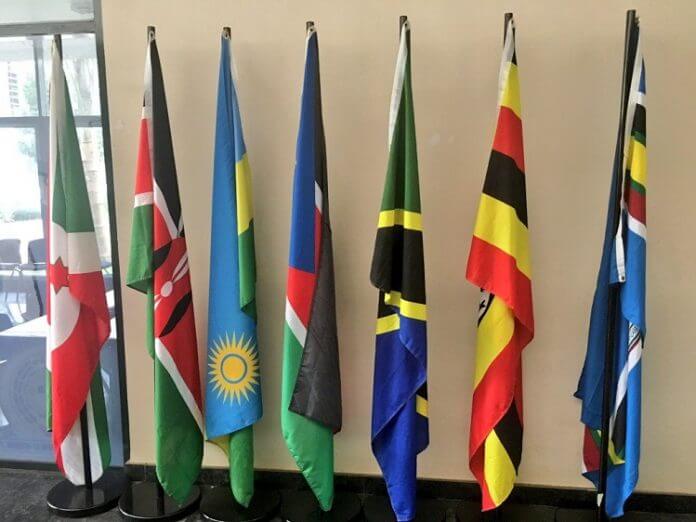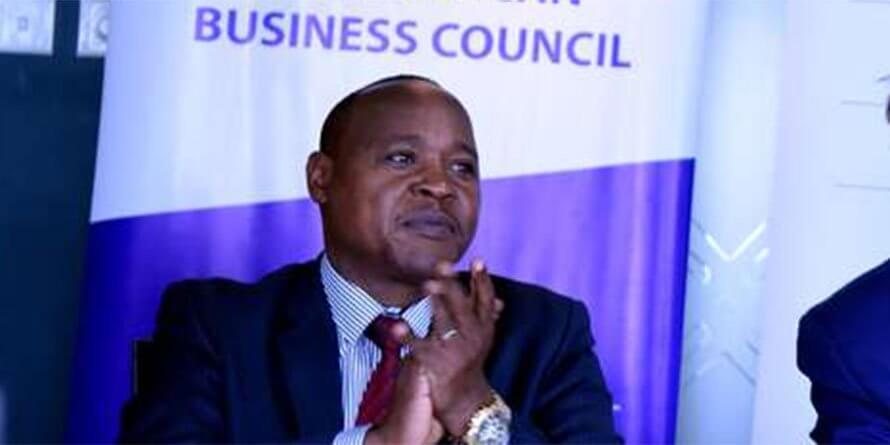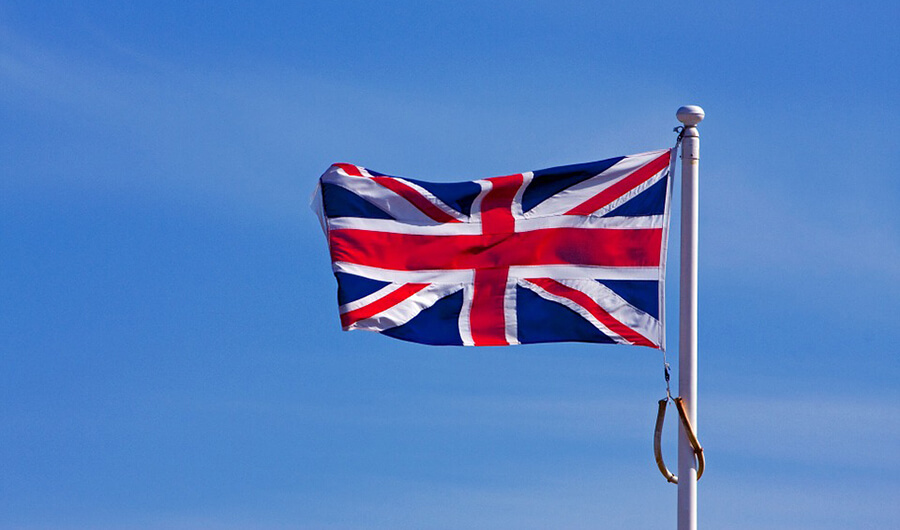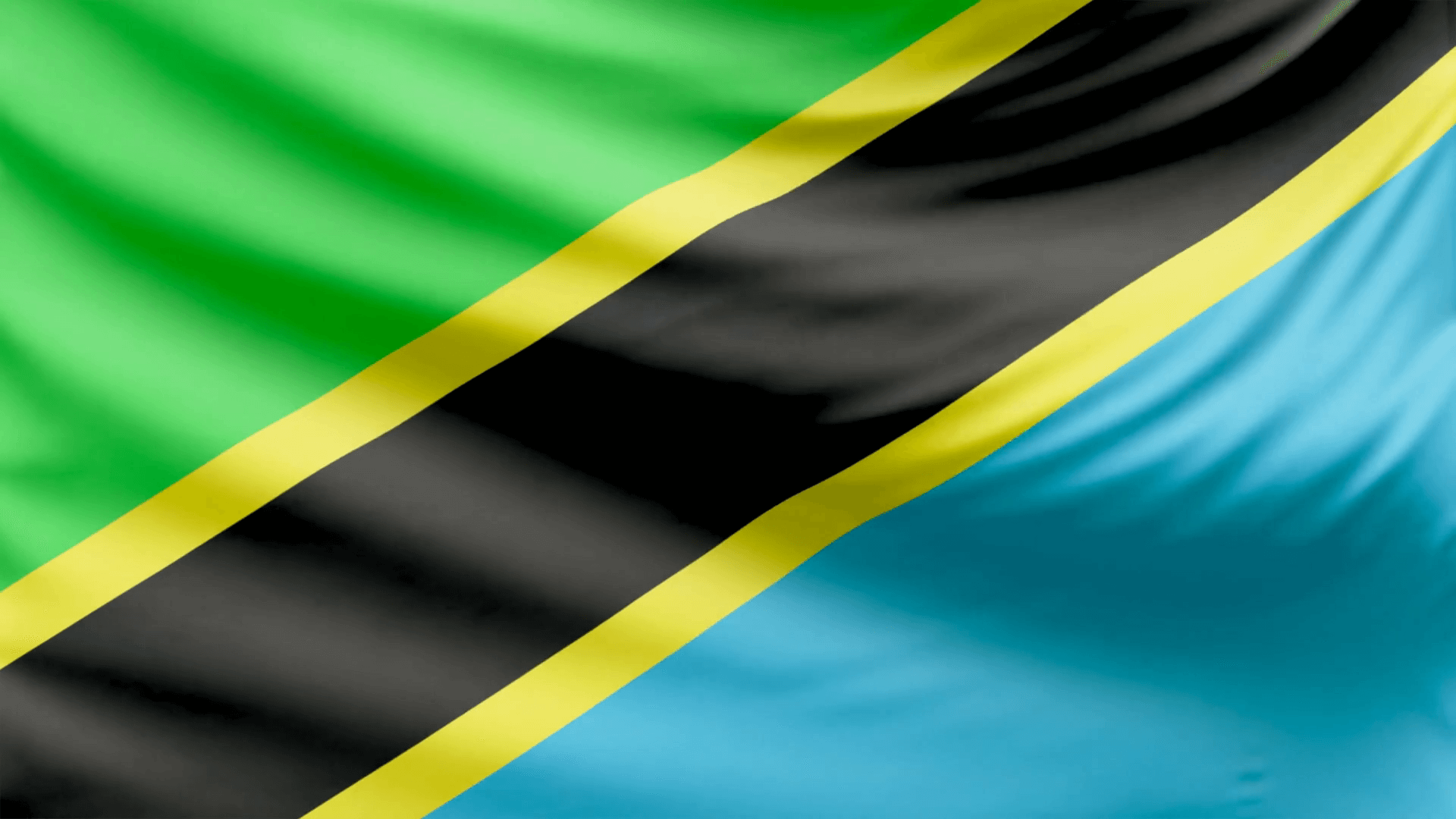Businesses are rooting for capping of the common external tariff at 32.5 percent by East African Community member states. East African Business Council’s CEO Peter Mathuki says the new tariff would be presented during the forthcoming EAC member states summit slated for later this month for ratification. The meeting is also expected to deliberate on admission of the Democratic Republic of Congo and Ethiopia, who have expressed interest to join the trading bloc. However, businesses from EAC member states say they have brokered a deal to cap common external tariff at 32.5% with the proposal expected to be presented during the forthcoming EAC summit in Arusha slated for later this month in efforts to harmonize the tax regime in the trading bloc. The council has called on the member states to expedite in establishing a single regional air space and one network area to further lower the cost of doing business in the region. The proposal by the Democratic Republic of Congo and Ethiopia to join the East African Community trading bloc is at an advanced stage. The forthcoming summit is also expected to handle trade issues between member states. Source: KBC Channel
Businesses seek capping of common external tariff by EAC
Posted on: February 27, 2020
Posted on: February 27, 2020




















